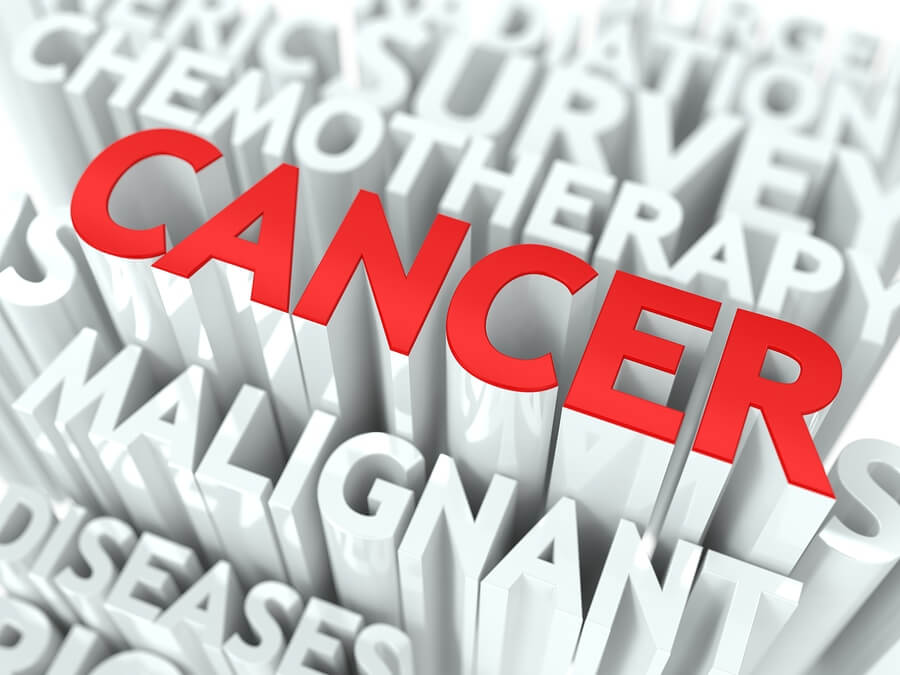What’s the Best Way to Manage Cancer Related Anemia?
When an older adult is diagnosed with cancer and begins cancer treatment, you probably expect them to feel more tired than usual. Fatigue is extremely common with cancer, affecting around 76 percent of cancer patients. Sometimes fatigue is caused by a condition called anemia, which often occurs during cancer treatment. The good news is that anemia is treatable.

Elder Care in Daphne AL: Manage Cancer Related Anemia
About Anemia
Anemia is a condition in which the body doesn’t have a sufficient supply of healthy red blood cells. One of the jobs of red blood cells is to carry oxygen throughout the body. When there aren’t enough of them, tissues and organs don’t receive enough oxygen.
Symptoms of anemia include:
- Rapid heartbeat.
- Feeling short of breath.
- Chest pain.
- Dizziness.
- Swollen hands or feet.
- Paleness in the skin, nail beds, mouth, and gums.
- Fatigue.
There are several tests that doctors may perform concerning anemia. Once they’ve determined the older adult has anemia, they may need to conduct tests to determine the cause. How the anemia is treated will depend on what is causing it. Some possible causes of anemia that are related to cancer are:
- The cancer.
- Radiation or chemotherapy, especially platinum-based chemotherapy.
- Lack of some vitamins and minerals in the diet.
- Blood loss.
In addition to making your aging relative feel tired, anemia can be dangerous if it is not treated.
Severe anemia may cause a delay in cancer treatment. Anemia also makes the heart work harder, so if the senior has an existing heart disease, it may get worse.
Managing Anemia
The first step in managing anemia is having it diagnosed by a doctor. Report any symptoms of anemia your aging relative is having. Once the doctor has determined a treatment plan, it’s important that the older adult follows it. If they have difficulty remembering to take medicine, a home care provider can remind them to take medications and supervise to make sure they take the proper amount.
In addition to taking the medications prescribed by the doctor, there are some other steps home care providers and family caregivers can take at home, such as:
Offer Healthy Foods: A healthy diet is important to managing anemia since it can be caused by poor nutrition. Home care providers and family caregivers can prepare balanced meals that are high in iron.
Allow for Rest: The fatigue that comes with anemia can be difficult to live with. Family caregivers and home care providers should allow the older adult to get plenty of rest. Home care providers can assist with meal preparation, household tasks, and drive the senior places while they recover.
Exercise: Although the senior will need to rest, they should also try to get in some physical activity.
Caring for someone with cancer is a lot of work. Home care can help family caregivers with many of the tasks involved, including driving the senior to cancer treatment and follow up care appointments. Home care providers can also watch for symptoms of anemia and report them to family caregivers.
If you or someone you know needs Home Care Services in Daphne, AL, please contact the friendly caregivers at Hughes Home Care.
We provide quality and affordable care for your elderly loved ones in our community. Call Us Today 251-517-9901. Serving Mobile & Baldwin County.
Sources
https://www.cancer.org/treatment/
- Risk Factors that Increase the Likelihood of Heart Failure - April 11, 2025
- Is it Possible for Seniors to Eat 30 Plants a Week? - March 25, 2025
- Healthy Aging: Why Remaining Active Matters - March 7, 2025
